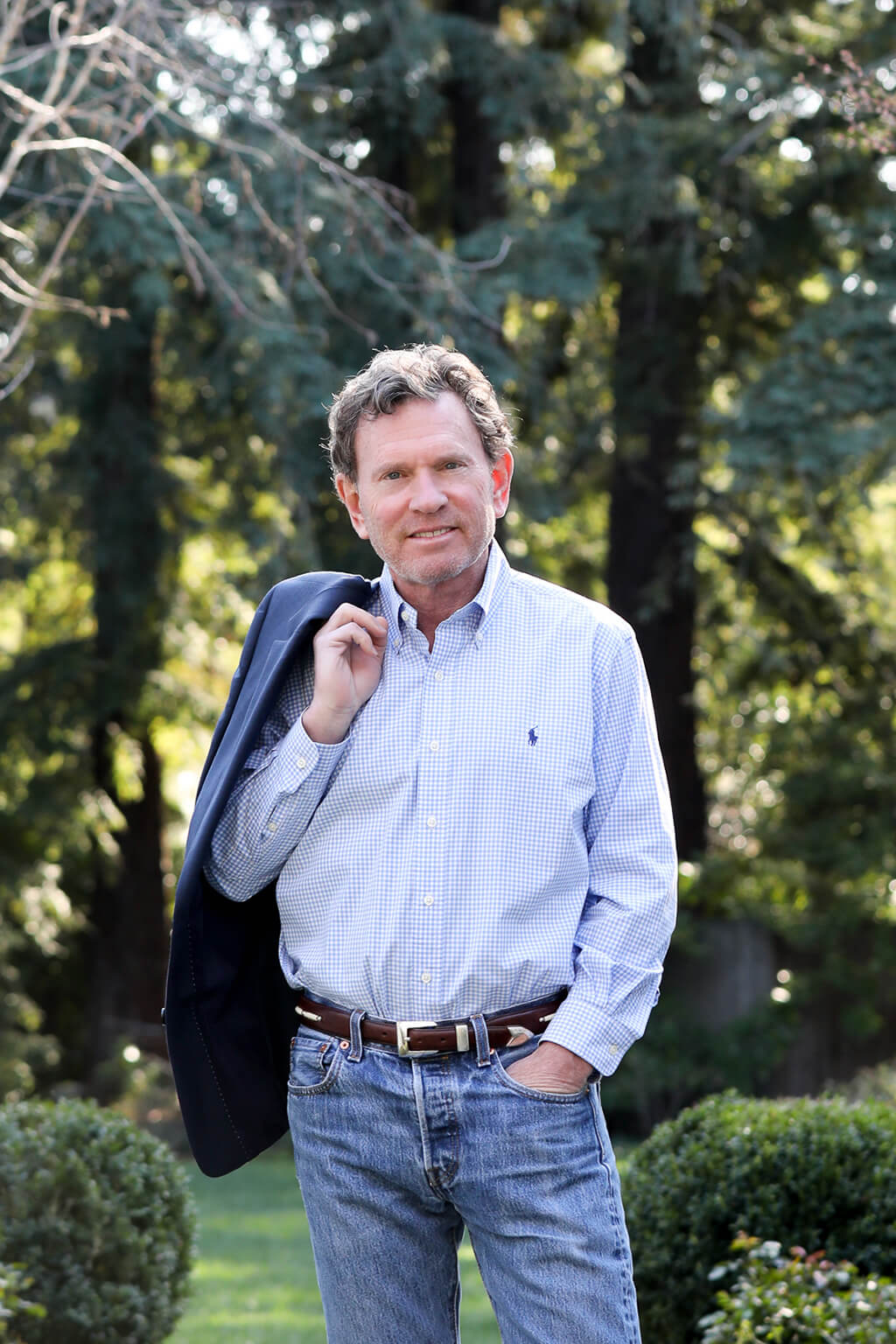Words by Sloane Citron
When I was shipped off to Andover prep school as a 15-year-old, it was a lonely journey. My father helped me carry my large black trunk to my third-floor room in Foxcroft Hall, shook my hand, wished me luck and happily left. There I was, 2,000 miles from home, an unsophisticated, immature Jewish kid from Amarillo, Texas. I felt like a scared little guppy in a tank full of sharks.
The other boys had formed their cliques (I came as a 10th grader while most came in as 9th graders), were incredibly smart and had a confidence that I envied. My goal was to survive that year and hope that my father would not make me go back, (Thankfully, I slightly improved my lot over time and managed to graduate.)
My one steadfast friend was my guitar, an acoustic classical model made by Yairi Gakki. When I was not working to try to pass my classes (I did, barely) or enduring the humiliating effort three times a day of finding a place (alone) to eat in the dining commons, I listened to the few cassettes that I owned and played my six-string.
One day, on a trip to the downtown Andover music store, I bought a songbook that had all the music of the newly emerging star James Taylor. I owned both his cassettes, Sweet Baby James and Mud Slide Slim and the Blue Horizon, and many of his songs spoke to me in my current situation. I learned them and sat for hours quietly playing and mouthing the words.
Taylor’s first and second albums were a collection of mostly melancholy songs; they spoke of “challenging” times and were warm and lyrical. In the song “Blossom” he sings, “Smile some sunshine down my way lately, I’ve been lonesome; Blossom, it’s been much too long a day. Seems my dreams have frozen.”
In “Long Ago and Far Away,” the lyrics go, “Long ago a young man sits and plays his waiting game. But things are not the same it seems as in such tender dreams.” The song tells how a young man’s dreams don’t match his reality and how expectations don’t last. Without my thinking too hard about it, the song deeply resonated.
Taylor and I would go on to live our lives, he finally finding tranquility, peace and stardom, and I finding—post-Andover—happiness and fulfillment, taking a more traditional path, building my publishing companies, raising four children and trying to discover who I am (still working on that).
James Taylor has always been my wife’s favorite too. A few years ago, I took her to see him at the SF Giants’ Oracle Park. It was somewhat of a disaster: freezing cold, too many people and seats that only allowed us to see him on the jumbo screen. We left in the fourth inning. This summer, when I learned that Taylor was coming to Stanford’s small, charming Frost Amphitheater, I bought the best seats available: second row, center stage.
The evening of the concert, we made our way to our seats to discover just how good they were. As Taylor came on stage—the charming, lanky, smiling performer we loved—we were feet away from him and his eyes met ours several times as he performed. From the beginning to the finish, it was the best concert we’d ever attended.
At the brief intermission, while the other musicians went backstage, Taylor hopped down from the stage to see and hug the man next to us, apparently a good friend of his. I couldn’t help myself and took a couple of steps forward so that it was the three of us in the conversation—those two talking and me silently nodding. When they were done, I turned to Taylor and seized my chance. He did not rush away but was fully engaging, welcoming and kind.
We talked for a few minutes. I told him that he had made a difference in my life when I needed it and how appreciative I was of his music being there for me and how I admired the man he had become. I became misty-eyed, as my life flashed around me. He looked at me with understanding, the kind that comes from having lived a period of your life in turmoil and pain and recognizing that we are all fallible. We did the “man” shake and hugged and then he jumped back up on the stage.
It was a surreal moment that will endure for me, the incredible joy of meeting the graceful, talented and humble man who had helped me through an early rough patch in my life. In his song, “Secret O’ Life,” there is a line that I have tried to embrace: “The secret of life is enjoying the passage of time.” It’s worth remembering. Thanks for everything, James.


